New expansion across the river for Shanghai Museum
Updated: 2016-02-13 00:40
By ZHANG KUN in Shanghai(China Daily USA)
|
||||||||
The Shanghai Museum will have a new venue on the east side of the Huangpu River by 2020 as part of the city’s efforts to expand its cultural facilities, said museum director Yang Zhigang.
The new museum will be located next to the Shanghai Science and Technology Museum and near the Shanghai Oriental Art Center. The project is expected to start construction this year.
“I hope that by the time the new facility is launched, cab drivers will know the difference between the two buildings and ask their customers which of the two is the place they want to go to,” said Yang. “After all, Shanghai has two airports and three railway stations. Having two museums will not be unusual.”
Both venues will feature different types of art. The new venue, also known as the east wing, will feature paper-based art, such as ink paintings and calligraphy while the original venue (west wing) at People’s Square will host ceramic and bronze works. According to Jiefang Daily, the new building will be at least twice as large as the original one, which was opened in 1996.
The Shanghai Museum receives almost 2 million visitors every year, with most of them being overseas travelers. Students and young audiences only account for a small percentage of the crowds, and Yang said that the new museum is hoping to draw more of them and provide better public education for the younger generation via the adoption of digital technology and innovative methods.
Hu Jinjun, deputy director of the city’s publicity department, said that Shanghai currently has a total of 121 museums — which translates to about 200,000 people per establishment, almost double the national average — and that authorities are planning to build another 30 important cultural facilities spanning 4 million square meters in the coming five years.
The plan includes the expansion of the Shanghai Museum and the Shanghai Library, the refurbishing of the historic Dashijie entertainment compound and the construction of a new opera house.
The museum has also released its exhibition itinerary for the year, with some of the highlights being an exhibition of Buddhist relics from Japan, a comparative exhibition of China and Egypt with items from the National Museum of Berlin, Germany, as well as letters, scripts and other handwriting from renowned artists and academics from the Ming Dynasty (1368-1644).
“Traditionally, exhibitions have been presented based on particular historical periods. Now, we want to encourage young researchers to present their academic achievements in small and well-curated shows that can be enjoyed by the general public as well as well-learned audiences,” said Li Zhongmou, deputy director of the museum.
zhangkun@chinadaily.com.cn
- General strike against pension reform brings Greece to standstill
- Madrid airport sounds alarm after bomb threat on Saudi plane
- Obama proposes new oil tax to fund clean transportation
- UN special envoy announces temporary pause of intra-Syrian talks
- Taliban kill 10-year-old hailed as militia hero
- Obama slams anti-Muslim rhetoric during first visit to US mosque
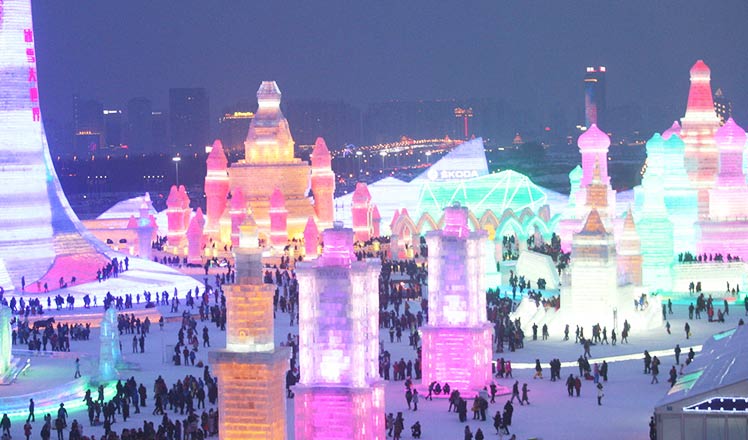
 Spectacular Harbin snow sculptures draw holidaygoers
Spectacular Harbin snow sculptures draw holidaygoers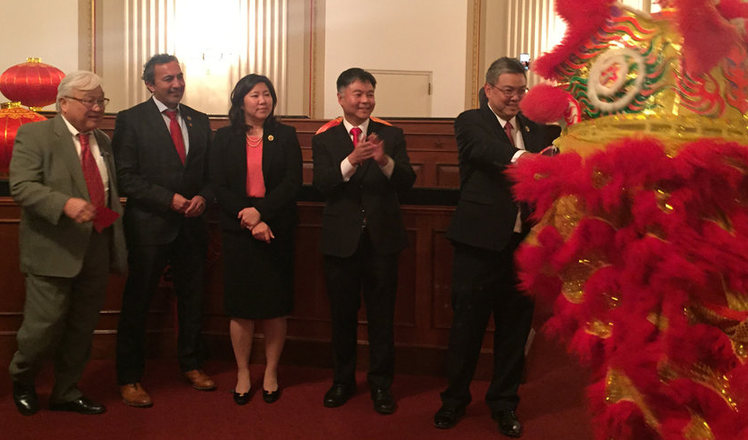
 First Capitol billing for Lunar New Year
First Capitol billing for Lunar New Year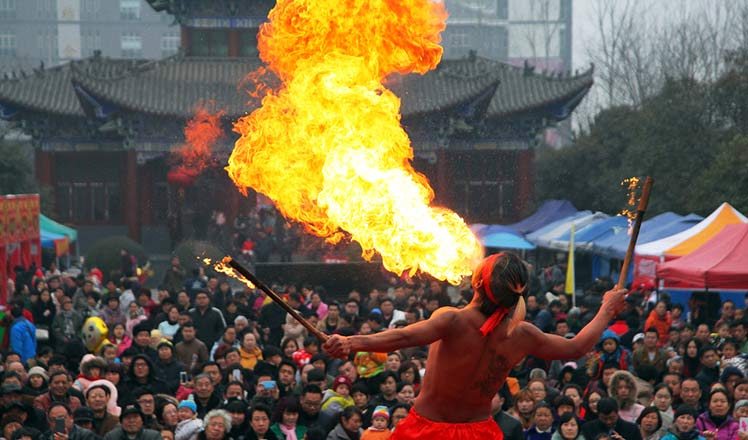
 All you need to know about China's Spring Festival temple fairs
All you need to know about China's Spring Festival temple fairs
 Special souvenirs
Special souvenirs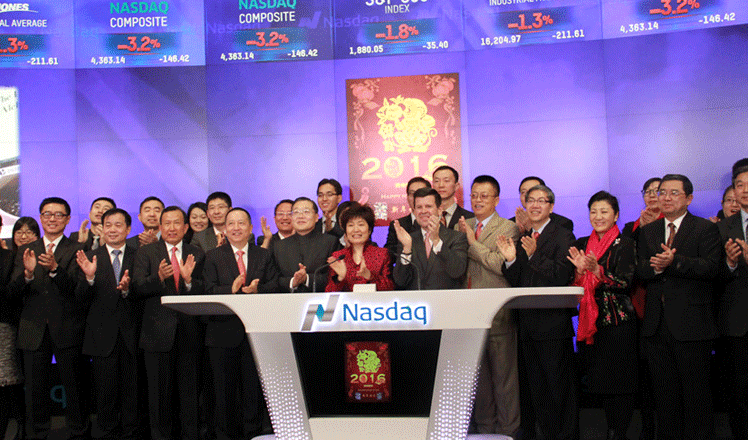
 Opening bell on Chinese New Year's Day
Opening bell on Chinese New Year's Day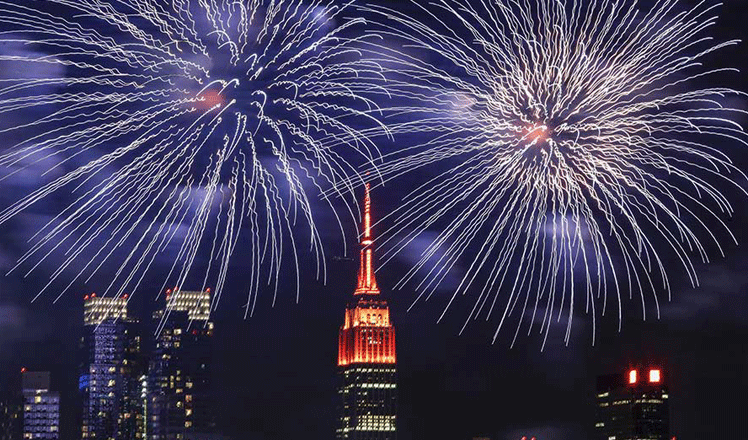
 The world celebrates Spring Festival with China
The world celebrates Spring Festival with China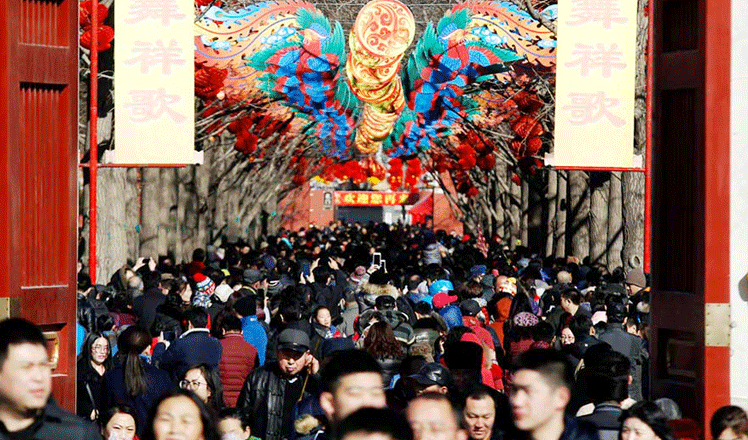
 Ditan Park temple fair embraces Chinese New Year
Ditan Park temple fair embraces Chinese New Year
 Xi Jinping grieves over Taiwan quake, vows aid
Xi Jinping grieves over Taiwan quake, vows aid
Most Viewed
Editor's Picks

|

|

|

|

|

|
Today's Top News
National Art Museum showing 400 puppets in new exhibition
Finest Chinese porcelains expected to fetch over $28 million
Monkey portraits by Chinese ink painting masters
Beijing's movie fans in for new experience
Obama to deliver final State of the Union speech
Shooting rampage at US social services agency leaves 14 dead
Chinese bargain hunters are changing the retail game
Chinese president arrives in Turkey for G20 summit
US Weekly

|

|








